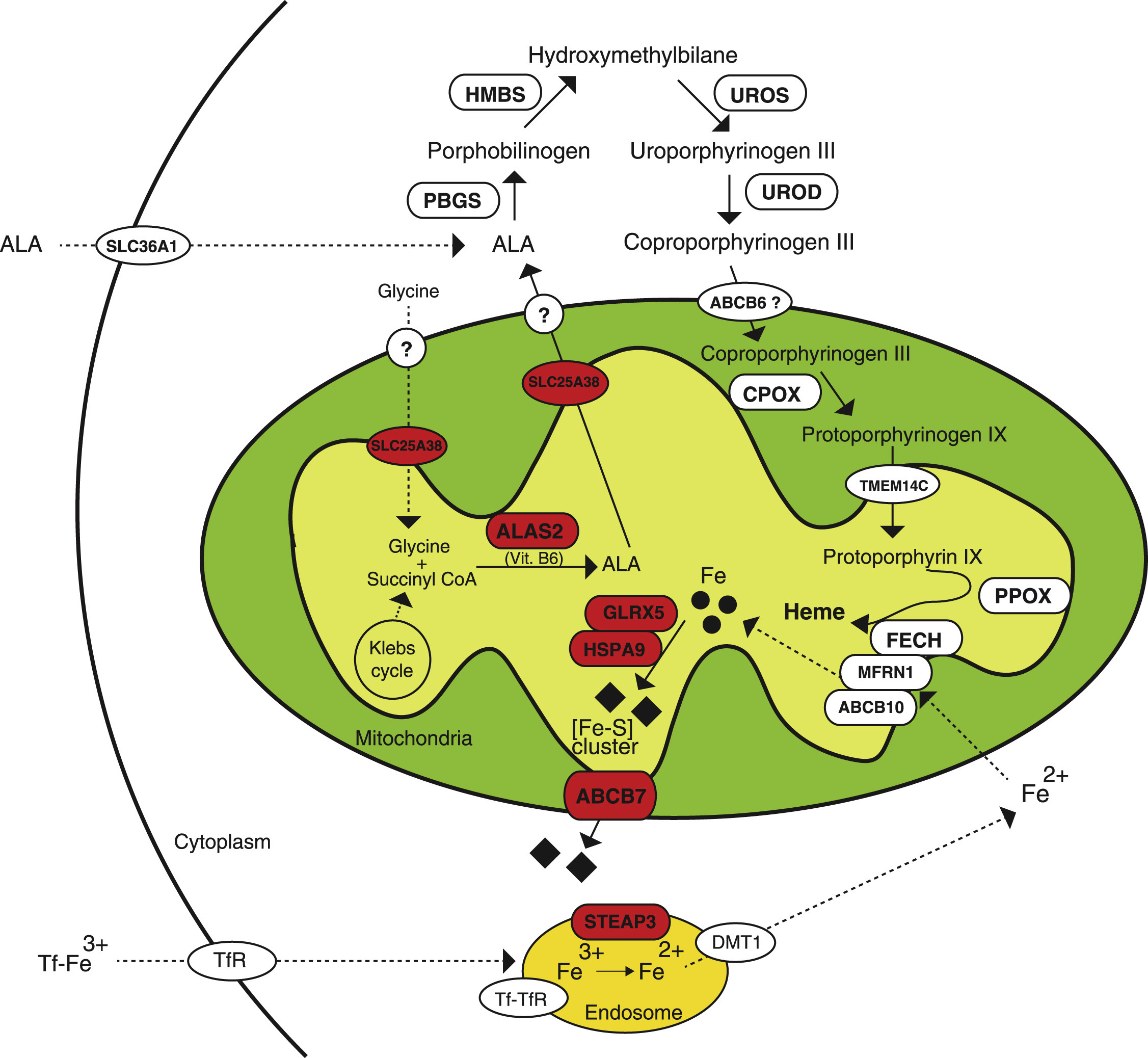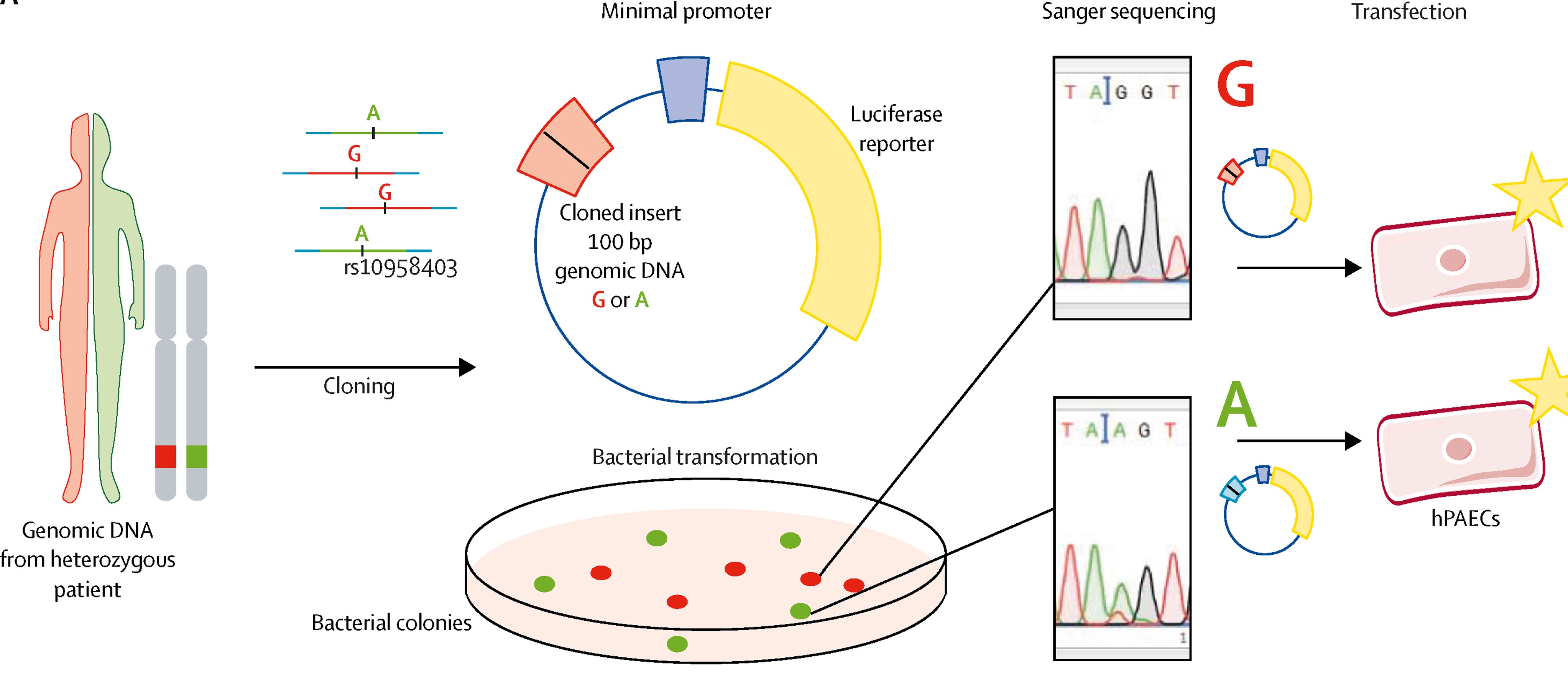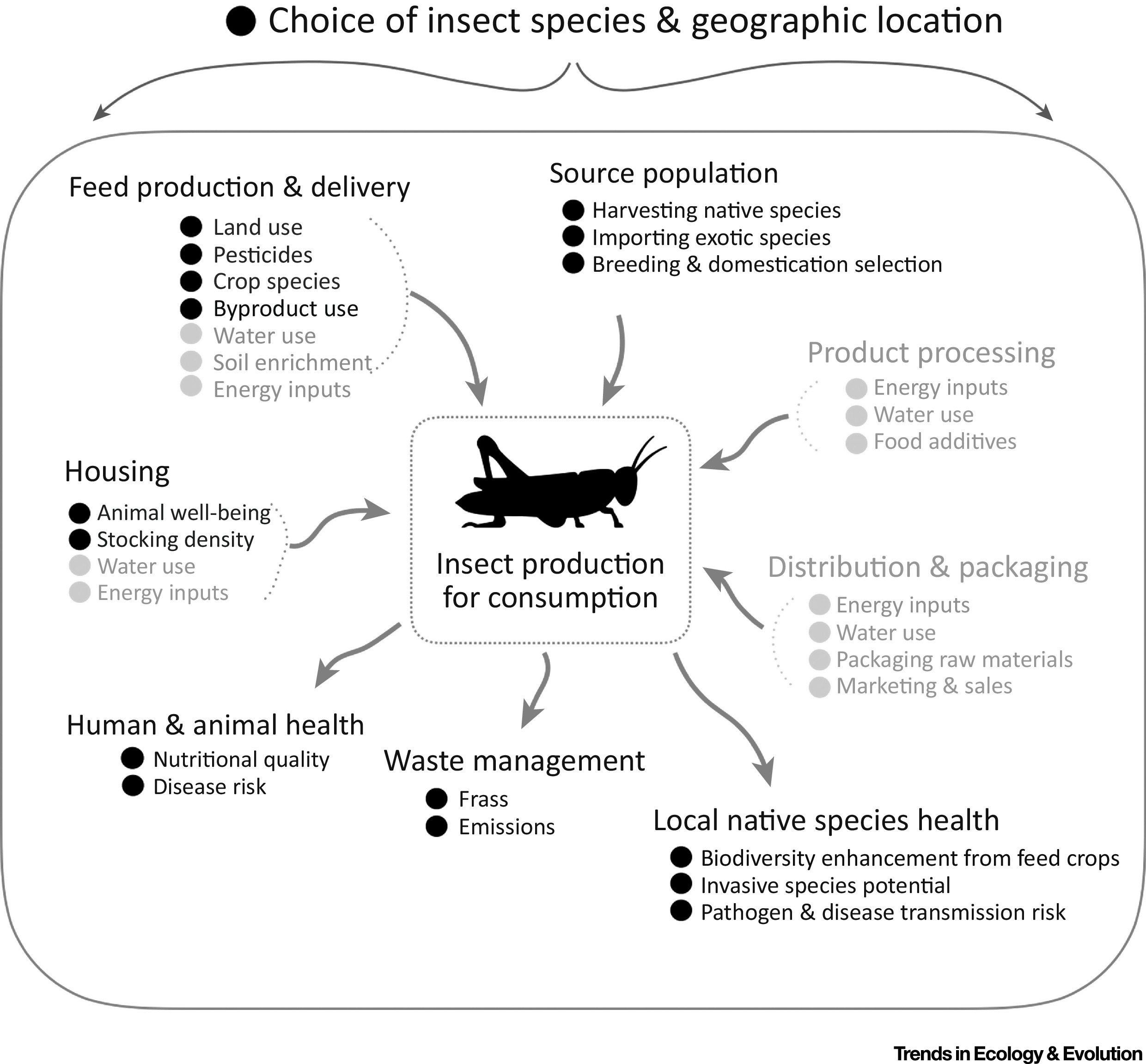Elsevier,
Confronting Prejudice and Discrimination, The Science of Changing Minds and Behaviors, 2019, Pages 3-28
This chapter advances SDGs 3 and 10 by examining predicted and actual personal responses to racism and sexism by targets of bias and by nontarget group witnesses.
Elsevier,
Confronting Prejudice and Discrimination, The Science of Changing Minds and Behaviors, 2019, Pages 275-297
This chapter advances SDGs 3 and 10 by proposing that patient confrontation of physician bias may serve as a self-advocacy tool that reduces physician bias and improves quality of patient care.
Tay–Sachs disease is an inherited lysosomal storage disease resulting from mutations in the lysosomal enzyme, β-hexosaminidase A, and leads to excessive accumulation of GM2 ganglioside.
Sideroblastic anemia (SA) is characterized by bone marrow ring sideoblasts (RSs). RS reflect abnormal iron accumulation in the mitochondria of erythroblasts. Congenital SA is caused by the mutation of genes involved in iron-heme metabolism. The most frequent form of congenital SA is X-linked SA due to ALAS2 gene mutation.
This special issue of The Lancet is dedicated to advancing SDG 5 (gender equality) with its focus on gender equity in science, medicine and global health.
This Article supports SDG 3 by analysing data from four international cohorts of patients with pulmonary arterial hypertension, a disease caused by rare genetic variants.
Elsevier,
Global Mental Health and Psychotherapy, Adapting Psychotherapy for Low- and Middle-Income Countries, Global Mental Health in Practice, 2019, Pages 87-126
This chapter addresses Goal 3 by exploring the use of cognitive behavioral therapy to treat mental health needs in low and middle income countries.
The emerging insects-as-food industry is increasingly promoted as a sustainable alternative to other animal protein production systems. However, the exact nature of its environmental benefits are uncertain because of the overwhelming lack of knowledge concerning almost every aspect of production: from suitable species, their housing and feed requirements, and potential for accidental release.
There is worldwide concern about the environmental costs of conventional intensification of agriculture. Growing evidence suggests that ecological intensification of mainstream farming can safeguard food production, with accompanying environmental benefits; however, the approach is rarely adopted by farmers. Our review of the evidence for replacing external inputs with ecosystem services shows that scientists tend to focus on processes (e.g., pollination) rather than outcomes (e.g., profits), and express benefits at spatio-temporal scales that are not always relevant to farmers.
Women's representation in science and medicine has slowly increased over the past few decades. However, this rise in numbers of women, or gender diversity, has not been matched by a rise in gender inclusion. Despite increasing representation, women still encounter bias and discrimination when compared with men in these fields across a variety of outcomes, including treatment at school and work, hiring, compensation, evaluation, and promotion.



